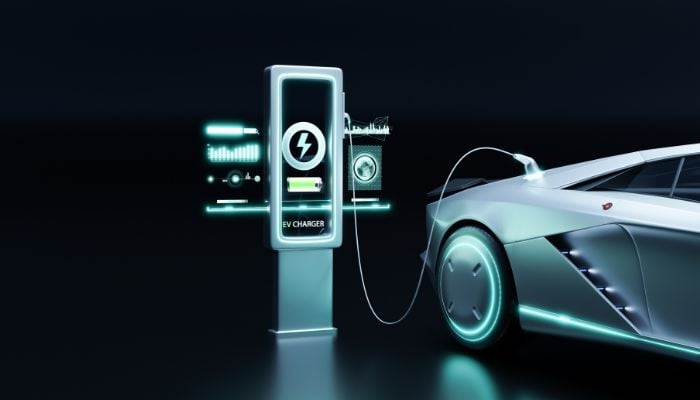
Against the backdrop of the COP28 climate conference in Dubai, apprehensions are on the rise regarding the lethargic strides taken to curtail fossil fuel consumption. Despite the prevailing concerns, a glimmer of hope shines through the global upswing in the adoption of electric vehicles, offering a promising contrast to the prevailing anxieties.
The increasing sales of electric vehicles (EVs) worldwide are outpacing predictions, prompting experts to revise estimates for when global oil consumption will peak. Public subsidies and technological advancements are key factors in this accelerated shift.
Changing projections on global oil demand
The International Energy Agency (IEA) now anticipates a peak in world oil consumption at 103 million barrels per day by the end of this decade, a shift from their earlier forecast of nearly 105 million barrels per day (bpd) in 2040. Policy support for electrification is identified as a game-changer.
Transportation accounts for 60% of global oil demand, and the IEA projects that EVs will reduce this demand by 5 million barrels per day by 2030. As global EV sales reach 13% of total vehicle sales, the IEA predicts a rise to 40%-45% by the decade's end.
Hurdles and optimism in EV Market
Despite the progress, challenges persist, with EV manufacturers facing delays in production plans due to rising costs and economic factors. Meeting the Paris Agreement's targets requires even higher EV market penetration, posing uncertainties about reaching those goals.
The adoption of EVs depends on pricing and charging infrastructure availability. China leads with lower EV costs and a robust charging network, while the United States faces higher EV prices and a lag in charging station development. Despite challenges, the IEA foresees EVs comprising up to 50% of new US car registrations by 2030.
Role of politics in the transition
While political factors could influence the transition, the IEA emphasises that the shift towards EVs is already underway. Concerns about potential policy changes in the upcoming US election loom, but the broader trend toward electric mobility remains irreversible.
















